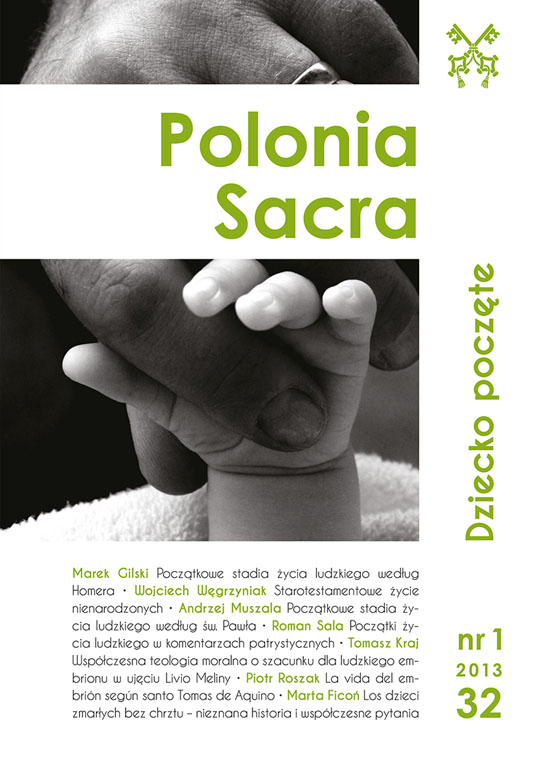Życie i dzieło Marcina Lutra a spór wokół tez i narodzin Reformacji
DOI:
https://doi.org/10.15633/ps.361Słowa kluczowe:
Marcin Luter, dzieła Lutra, Reformacja, 95 tez, odpustyAbstrakt
The article concerns the life and work of Martin Luther and takes on the dispute over the 95 theses and the birth of the sixteenth-century Reformation. From the beginning, it was wearing the stigma experiences of the Founder. The Reformer experienced a deep concern in the area of spiritual life and he solved his dilemmas based on biblical theology, which led him to formulation of the 95 theses. The Theses didn’t cause a break with the Church, because their content wasn’t in conflict with the contemporary doctrine of the Church, however, then were formulated to harshly and sometimes they were exaggerated. He wanted to discuss and define better the matter of indulgences. The purpose of this article is to show that the teaching of M. Luther and his struggle with visible religious abuses didn’t have to end in a split in the Church, because the reform movement was meant to be a renewal of Christianity.Pobrania
Opublikowane
2013-07-12
Numer
Dział
Artykuły
Licencja
Prawa autorskie (c) 2013 Wojciech Miedwid

Utwór dostępny jest na licencji Creative Commons Uznanie autorstwa 4.0 Międzynarodowe.
Autorzy publikujący w czasopiśmie udzielają jego wydawcy zgody o następującej treści:
- Autor zachowuje autorskie prawa majątkowe do utworu, a jednocześnie udziela wydawcy czasopisma zgody na jego pierwszą publikację w wersji drukowanej i wersji online na licencji Creative Commons Uznanie autorstwa 4.0 Międzynarodowe oraz zgody na wykonywanie opracowań, w tym przekładów.
- Autor ma możliwość udzielania zgody niewyłącznej na opublikowanie utworu w wersji, która ukazała się w czasopiśmie (np. zamieszczenia go w repozytorium instytucjonalnym lub opublikowania w książce), wraz z informacją o jego pierwszej publikacji w czasopiśmie.
- Autor może umieścić swój utwór online (np. w repozytorium instytucjonalnym lub na swojej stronie internetowej) jeszcze przed zgłoszeniem utworu do czasopisma.
Jak cytować
Miedwid, W. (2013). Życie i dzieło Marcina Lutra a spór wokół tez i narodzin Reformacji. Polonia Sacra, 17(1), 267–292. https://doi.org/10.15633/ps.361

